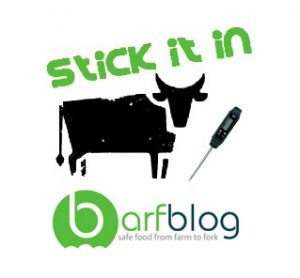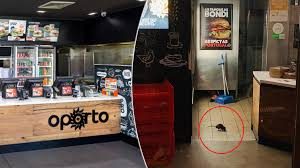A packet of salted egg fish skin snack that contained a dead lizard was manufactured at Irvins Salted Egg’s previous premises, which ceased operations in November last year, the Agri-Food and Veterinary Authority (AVA) said.
 That facility is understood to be located in Admiralty Street.
That facility is understood to be located in Admiralty Street.
In a statement on Monday (Feb 11), the AVA said that it had completed investigations into the Singapore-based food company, after a Bangkok customer found a dead lizard coated with salted egg in a packet of the popular snack in December.
The AVA said that it had since inspected Irvins’ current premises and told the company to improve its quality control checks.
Quality control checks include conducting regular refresher training for quality control operators, sourcing ingredients from reputable suppliers and conducting regular audits.
“Irvins has made improvements in these areas, as well as stepped up inspections on the production line,” the AVA said.
The authority added that it will continue to do periodic audits and enforcement checks on the company.
The AVA urged food manufacturers to be responsible in complying with food safety standards or requirements as well as maintaining robust food safety management systems, even as it continued to carry out periodic checks.
Consumers should also adhere to good food safety practices, the AVA said in its statement.
Some good food safety guidelines for consumers include the following:
– Examine packaged food carefully. Do not buy if the packaging is damaged or open as it may contain harmful micro-organisms that could cause food poisoning.
– Keep foodstuff – such as coffee, tea, powdered milk and biscuits – in clean, air-tight containers, away from heat and moisture.
– Inspect food regularly for insect infestation, mould, and other signs of spoilage. Discard when necessary.
– Check food storage cupboards regularly to ensure that they are free from insect infestation or contamination.
– Keep cupboards meant for food storage uncluttered and clean.
I’m not sure what consumers can do about reptiles in pre-packaged foods.











